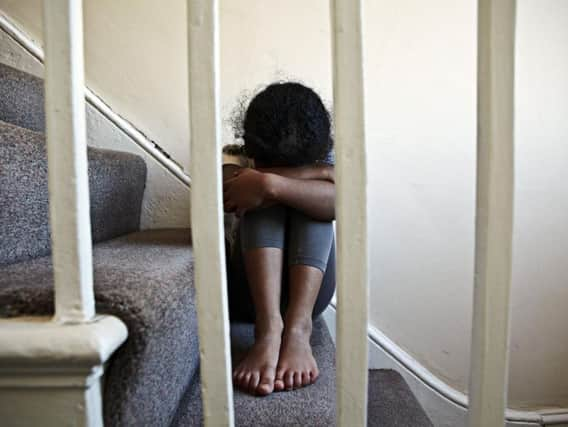Children are missing school and shunning friends because of bullying


One in 10 children have missed school due to bullying and nearly one child in every classroom said they are bullied every day, according to a survey of 11 to 16 year-olds by Anti-Bullying Alliance and O2.
Also in news: Shocking photographs of homes and roads flooded in Yorkshire as rain batters county amid amber weather warnings
Advertisement
Hide AdAdvertisement
Hide AdWhile most of the children who had been bullied said it happened in school, a quarter said it happened on their journey to and from school and a third said it happened online.
Though bullying was a problem across the UK, Yorkshire children were less likely to say they were bullied than most other regions. But worryingly, a quarter of children in Yorkshire reported witnessing adults bullying other adults in the last six months.
As part of Anti-Bullying Week next week, organisers are urging everyone to remember that everyday acts like listening to young people, having a conversation, thinking about the impact of our words or stopping before hitting “like” on a hurtful social media post, can all help to reduce bullying.
Advertisement
Hide AdAdvertisement
Hide AdChildren highlighted where they thought change should start, with more than three quarters of those polled saying that social media and gaming platforms should do more to change the way they address bullying, and nearly half saying their schools should do more. More than four in 10 children said that the media and influencers had the power to reduce bullying.
Martha Evans, director of the Anti-Bullying Alliance, part of the National Children’s Bureau, said: “If one in 10 children have reported missing school because of bullying, we clearly have a problem. To turn this around, it’s important to bear in mind that everyone has a part to play in reducing and stemming the impact of bullying.
“We must work together to avoid the long-term impact that bullying can have on young people. Of course that means change on a national scale – for example, improving support online or conducting research – but it’s also about the everyday actions that each of us can take to help someone who is suffering because of bullying.”
Also in news: 'Power is coming home' pledge as Labour says it will set up Government offices in the North
Advertisement
Hide AdAdvertisement
Hide AdSeparate research by O2 shows that 63 per cent of parents are worried about bullying via smartphones, and 48 per cent do not feel supported enough to deal with it.
Next Tuesday is Odd Socks Day, encouraging children and their parents to wear odd socks to “celebrate what makes us all unique and highlight the issue of bullying”.